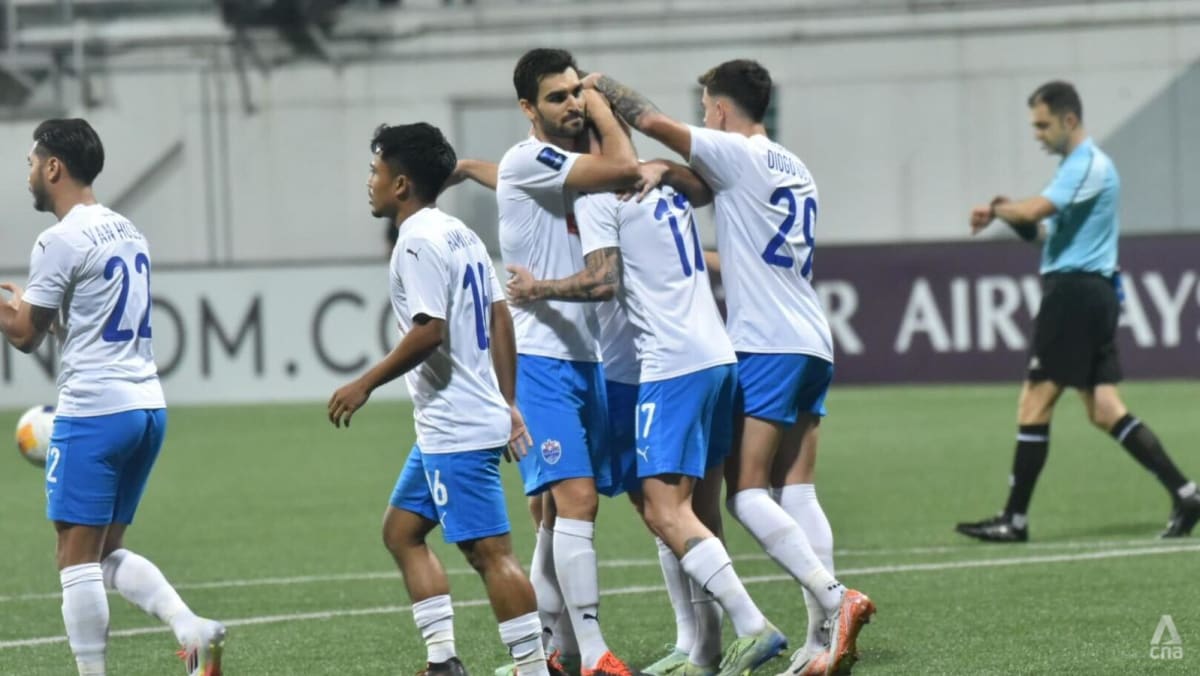Presidents Shaped by WWII: Exploring Military Experience and Global impact
Table of Contents
- 1. Presidents Shaped by WWII: Exploring Military Experience and Global impact
- 2. How did World war II shape the foreign policy decisions of American presidents?
- 3. Presidents Shaped by WWII: An Interview with Historian Steven M. Gillon
- 4. WWII and the Presidential Legacy
- 5. Jimmy Carter: A Naval Academy Graduate
- 6. Ronald Reagan: The Hollywood Warrior
- 7. War Experiences and Foreign Policy
- 8. A Global Impact
A compelling new book, “Presidents at War” by Steven M.Gillon, examines how world War II profoundly influenced generations of American presidents, shaping their leadership styles and foreign policy decisions. While many Americans associate presidents Jimmy Carter and ronald Reagan with wartime service, their experiences, or lack thereof, reveal surprising nuances.
Gillon, emeritus professor of history at the University of Oklahoma and scholar-in-residence at the History Channel, notes, “Most people think Jimmy carter did, and they forget Ronald Reagan,” when discussing presidents who served in WWII. While Carter graduated from the U.S. Naval Academy in 1946,just after the war’s end,Reagan’s involvement remained largely confined to Hollywood,where he narrated films and participated in fundraising drives while serving in the Army Reserve. Despite serving without overseas deployment, Reagan cultivated a public image as a wartime veteran, blurring the lines between reality and perception.
Gillon highlights how presidents who had direct combat experiences often adopted more cautious approaches to military intervention. Presidents Dwight Eisenhower, John F. Kennedy, and George H.W. bush, all with firsthand experience navigating the dangers of war, exercised restraint when utilizing military force compared to others.
“Reagan is the exception of so many of these things,” says gillon. “Reagan never sees war. He thinks he saw the Holocaust camps,but he didn’t.He just makes stuff up, and he thinks it’s true. But what I did not know was how he came out of the war with the real fear of nuclear weapons, and he belonged to an institution for international control of atomic weapons, largely a liberal organization, as he was involved in other liberal organizations like Americans for Democratic Action.”
Despite Reagan’s staunch anti-communist rhetoric, he surprisingly maintained a strong aversion to nuclear warfare. Even though Reagan oversaw military operations like the Grenada invasion, resulting in American casualties, and the tragic Beirut barracks bombing, Gillon argues his approach remained tempered by his wartime anxieties.
“While he shed all the other liberal ties, he never shed that fear of nuclear weapons. And despite all his bombastic language, he was very restrained in the use of force.
>
Reagan’s story underscores the complexity of presidential leadership, highlighting how personal experiences, even indirectly, can profoundly influence decision-making on a global scale. The legacy of WWII continues to shape American politics and foreign policy,reminding us that history’s echoes reverberate through generations of leaders.
How did World war II shape the foreign policy decisions of American presidents?
Presidents Shaped by WWII: An Interview with Historian Steven M. Gillon
In his new book,”Presidents at War,” Steven M. Gillon explores how World War II influenced generations of American presidents. We spoke with him about Jimmy Carter,Ronald Reagan,adn the enduring impact of the war on U.S. foreign policy.
WWII and the Presidential Legacy
Archyde: Your book delves into how World War II has shaped American presidents. What led you to explore this topic?
Steven M. Gillon: I’ve always been fascinated by how personal experiences shape leaders.World War II was such a cataclysmic event that it seemed obvious to explore how it influenced the men who led our country for decades afterward.
Jimmy Carter: A Naval Academy Graduate
Archyde: Most people associate Jimmy Carter with wartime service, but his experience was unique.
Gillon: That’s true. Carter graduated from the Naval Academy just after the war ended.His was a generation that grew up with the specter of war looming large, even if they didn’t serve overseas. That created a certain caution towards military intervention.
Ronald Reagan: The Hollywood Warrior
Archyde: Ronald Reagan’s war service is often overlooked. How did his experience differ from his contemporaries?
Gillon: Reagan served in the Army Reserve, narrating training films and participating in fundraising drives. He cultivated a public image as a wartime veteran, but his service was largely stateside. Despite that, his liberal activism during and after the war reveals a surprising complexity to his views on military power and nuclear weapons.
War Experiences and Foreign Policy
Archyde: You argue that presidents who saw combat firsthand were more cautious about military intervention. Can you expand on that?
Gillon: Eisenhower, Kennedy, and Bush all had firsthand experience with the horrors of war. They knew the true cost of military action and used force more sparingly. Reagan, despite his tough talk, also exhibited this caution, thanks in part to his wartime anxieties.
A Global Impact
Archyde: Seventy years later, does the legacy of World War II still impact American foreign policy?
gillon: Absolutely. The echoes of that conflict still reverberate through global politics. Understanding how World War II shaped our leaders helps us better grasp the decisions they made and, in turn, the world we live in today.




